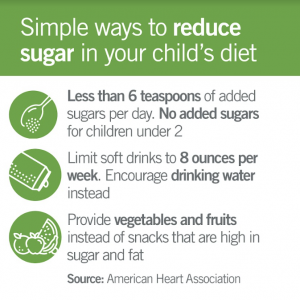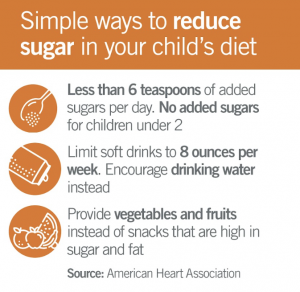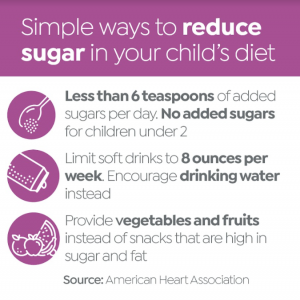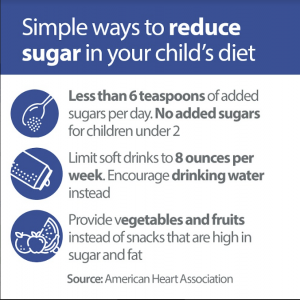This week (July 4 through July 10) marks National Childhood Obesity Week in the United Kingdom, but the crisis is worldwide and affects us here in the United States in consequential ways. For example, the nation’s growing childhood obesity epidemic affects 1 in 5 children and disproportionally affects people of color, including Black and Hispanic populations. A new study presented last month at the American Diabetes Association 82nd Scientific Sessions links obesity in adolescents to Type 1 diabetes (not just Type 2 as previously reported).
In an interview on Wednesday with WTOV 9’s Jessica Riley, Trinity Health System Pediatrician Dr. Thach Nguyen said, “It’s a lot easier to get processed food, things that were made in bulk. You can go to McDonald’s and get a $5 meal and you’ll be full. But if you go to a salad bar or the same place, it’s two to three times the price.” Unfortunately, Dr. Nguyen said, parents can contribute to their children’s weight gain without realizing it, which is why he encourages parents to be involved in their children’s eating choices. He offers three tips on how to do so:
1. Make sure healthy alternatives, such as apple slices and carrot sticks, are readily available for snacking.
2. Encourage children to exercise for at least 30 minutes a day.
3. Model healthy eating habits. “Half of your plate should be fruits and vegetables, mostly vegetables, if possible,” Dr. Nguyen said. “I would say a quarter of it can be carbs, such as rice and pasta. Another quarter of it could be your protein.”
Dr. Nguyen told WTOV 9 it’s important to start forming these habits as young as possible, so there’s a lower chance of diabetes, liver disease, mental health issues, high blood pressure and many other health issues that are linked to being overweight. “You build habits,” Dr. Nguyen said. “That’s kind of one of the biggest things that happens when you’re a child. You see your parents do certain things and you do certain things when you feel they’re OK.”
The US Preventive Services Task Force recommends screening children and adolescents six years and older for obesity as children who are overweight are also at higher risk for asthma, sleep apnea, bone and joint problems and heart disease. The American Heart Association says that “nearly 60 percent of overweight children age five to 17 had at least one risk factor for cardiovascular disease and 25 percent had two or more. And obese kids have an 80 percent chance of staying obese their entire lives.”
For more information on how parents can encourage healthy eating habits in their children, please consult the infographics below.




His office is located at 753 Main Street in Follansbee, W.Va., and he can be reached at 740-337-4634.


